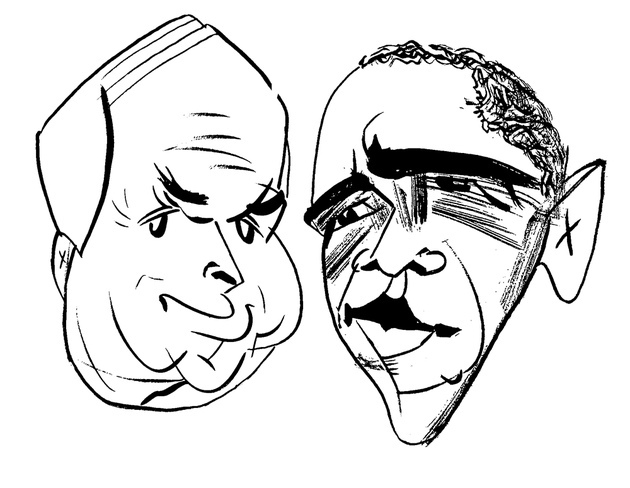
In LMU Magazine, Andrew Healy, professor of economics at Loyola Marymount University, walks through the history of surprising election-season behavior, from 1916 to 2008. Healy’s expertise is in applied econometrics, economics, political economy and political science. He has written frequently on non-electoral factors that have shaped voting results.
Voters and candidates can make surprising decisions that only begin to make sense when we understand that our choices are rooted in psychological biases. And beyond the decisions that political actors make, random events often occur that help determine whom we elect. The most predictable part of our elections is that the unpredictable will happen.



